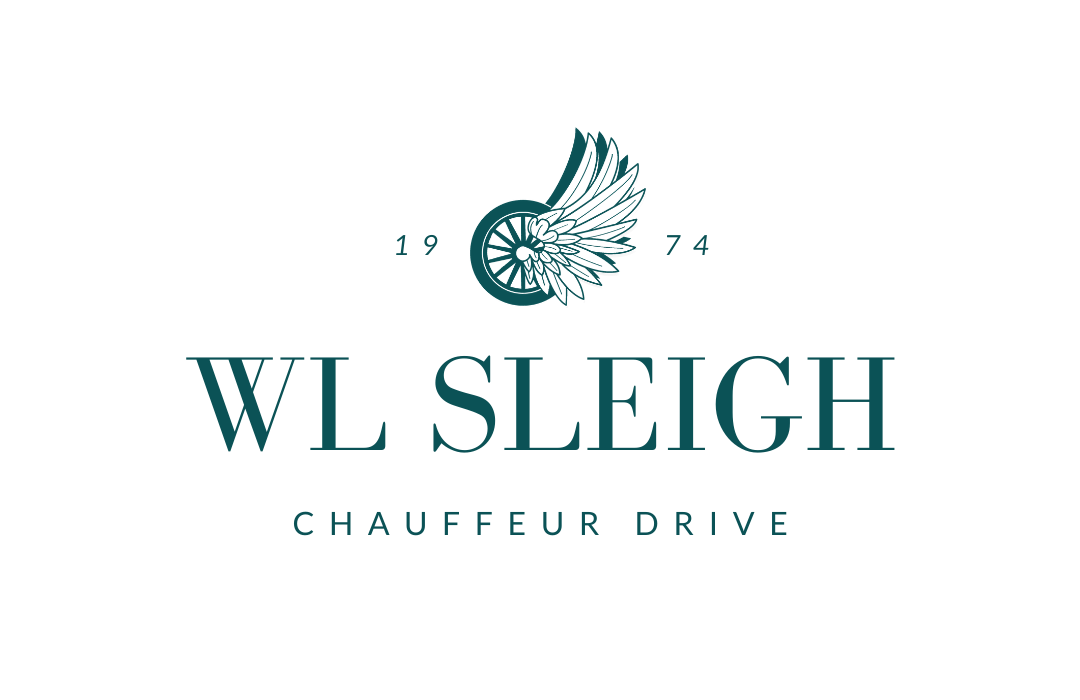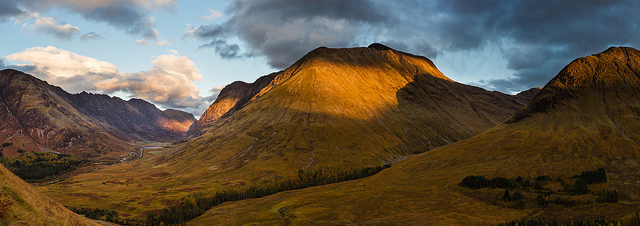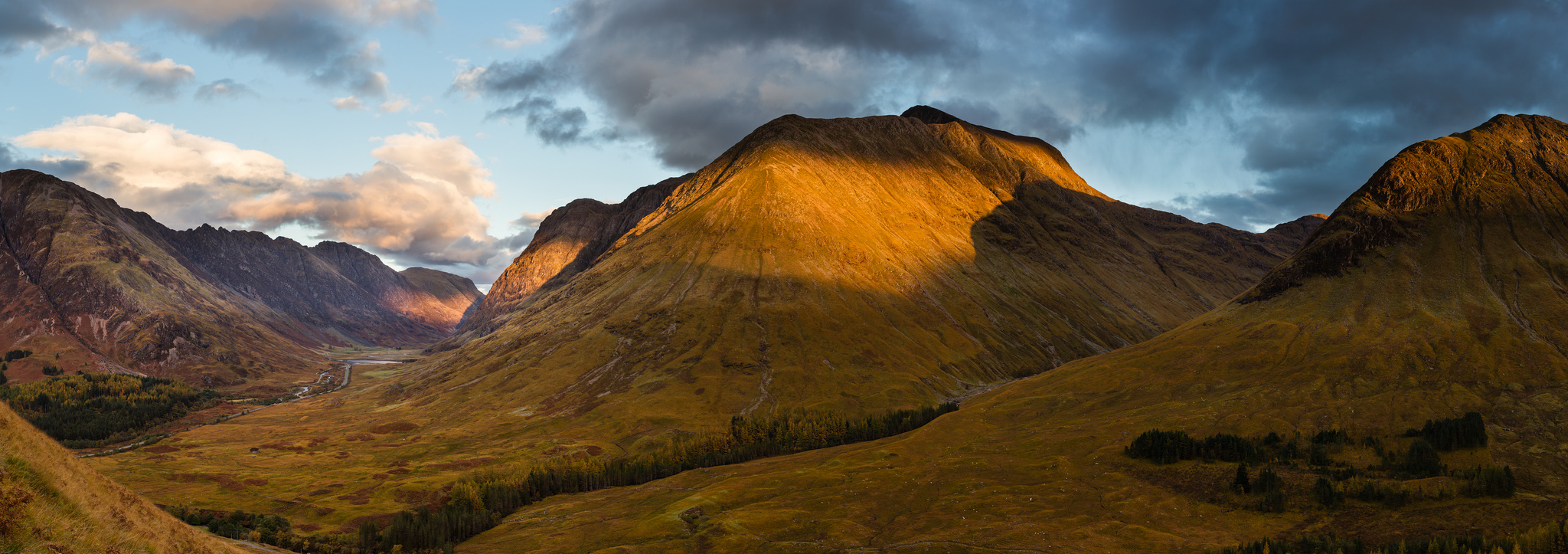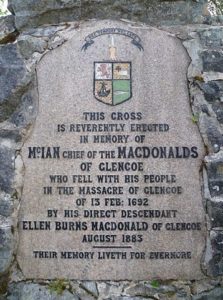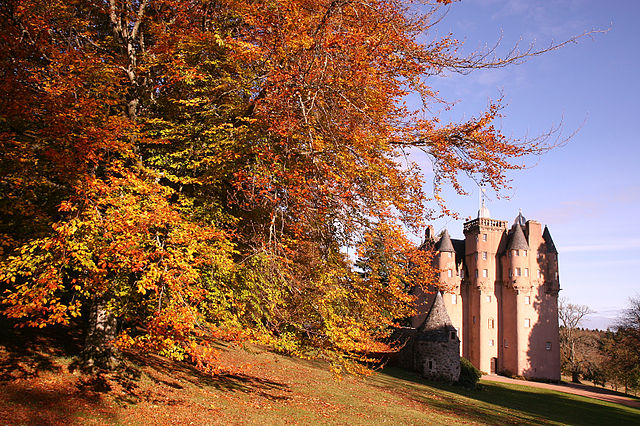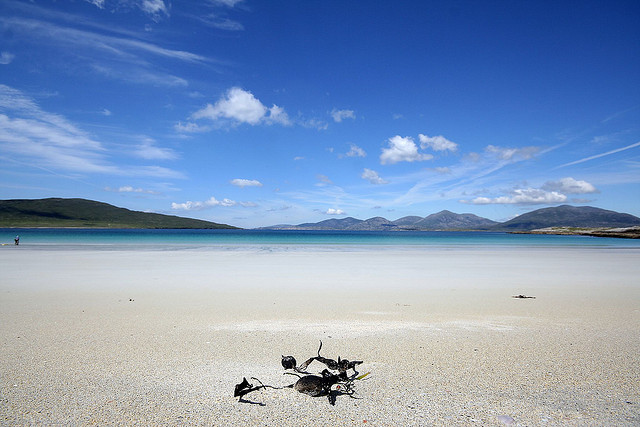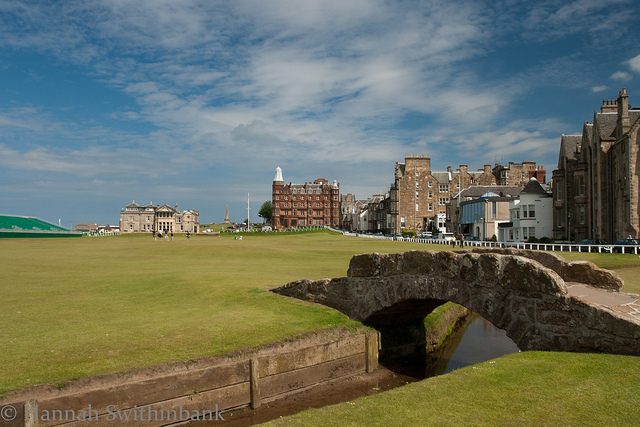The Massacre of Glencoe
The Massacre of Glencoe
Whilst attentions in the blog world are firmly focused on the imminent Valentine’s Day celebrations, we at Sleigh are paying our respects to those who lost their lives at the Massacre of Glencoe. The 13th of February is the anniversary of one of the most harrowing and politically significant events in Scottish history. Anyone who has visited Glencoe will testify to its spectacular beauty, but this stunning landscape is haunted by a a bloody past.
We’re heading back 324 years now to 1691. On the 27th of August King William offered the Highland clans a deal: he would pardon them for their part in the Jacobite rising if they agreed to pledge allegiance to him before the end of the year. Many Scots waited to hear from their exiled King before acting, and many others signed the oath immediately for fear of their lives.
Having to travel over 70 miles to reach an appropriate magistrate before whom he could sign the oath, Alasdair MacIain, the Chief of Glencoe, was not able to sign until the 6th of January 1692. Despite being 6 days late, he was assured that his allegiance would be accepted and that he and his clan, the MacDonalds of Glencoe, were safe.
John Dalrymple, the Secretary of State, however, had other ideas for Maclain and his MacDonald clan. After a long period of prolonged conflict, he saw an opportunity to make an example of one of the Highland Clans as a warning to the rest of them. The six day delay in MacIain’s oath of allegiance was a convenient excuse, and he thus saw to “rooting out that damnable sect”, the MacDonalds. Less than a month after Maclain had sworn his allegiance and been promised security, 120 troops arrived in Glencoe. For ten days the troops, led by Captain Robert Campbell, received the customary hospitality of the Highland clans in the form of food, drink and accommodation. On the 12th of February, however, Campbell received these orders:
“You are hereby ordered to fall upon the rebels, the MacDonalds of Glencoe, and put all to the sword under seventy. You are to have a special care that the old Fox and his sons do upon no account escape your hands, you are to secure all the avenues that no man escape.”
The massacre began at 5am the next morning. Alasdair MacIain was shot dead in his bed, his wife was dragged away from her fallen husband and died the next day. Houses were set alight, and 38 of the villagers were held captive before being killed themselves. Some managed to escape and flee into the surrounding mountains, and many more died there of exposure in the vicious winter weather.
The Massacre of Glencoe was a politically orchestrated plot aimed at terrifying the other Highland Clans into submission. It was deemed to be a “murder under trust” which, in the eyes of the Scottish legal system, is an even worse offence than murder in itself. Ultimately, the orders were pushed forward by John Dalrymple, but they were also signed by King William.
As the Scottish publish were made gradually aware of the atrocities, the King was eventually forced to commission an enquiry and Dalrymple resigned from the Government. No one, however, was ever brought to trial.
On February the 13th, we remember and respect those who lost their lives in Glencoe.
